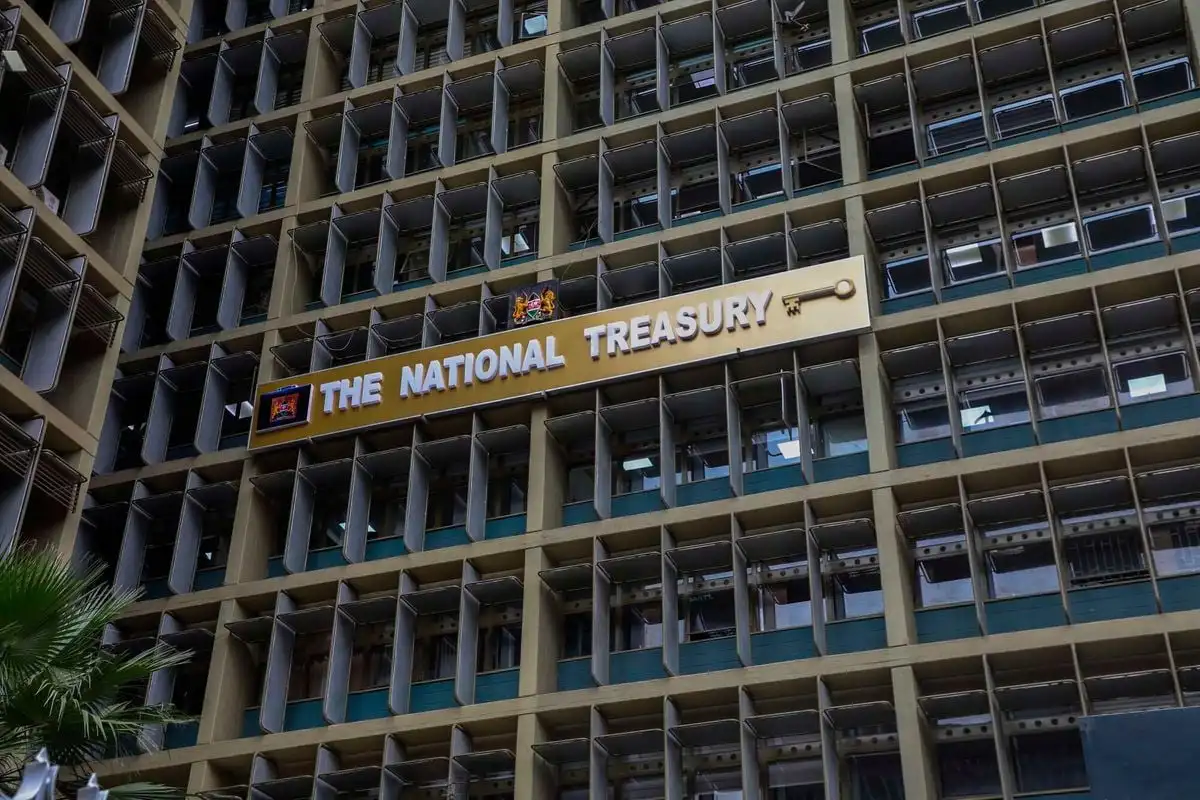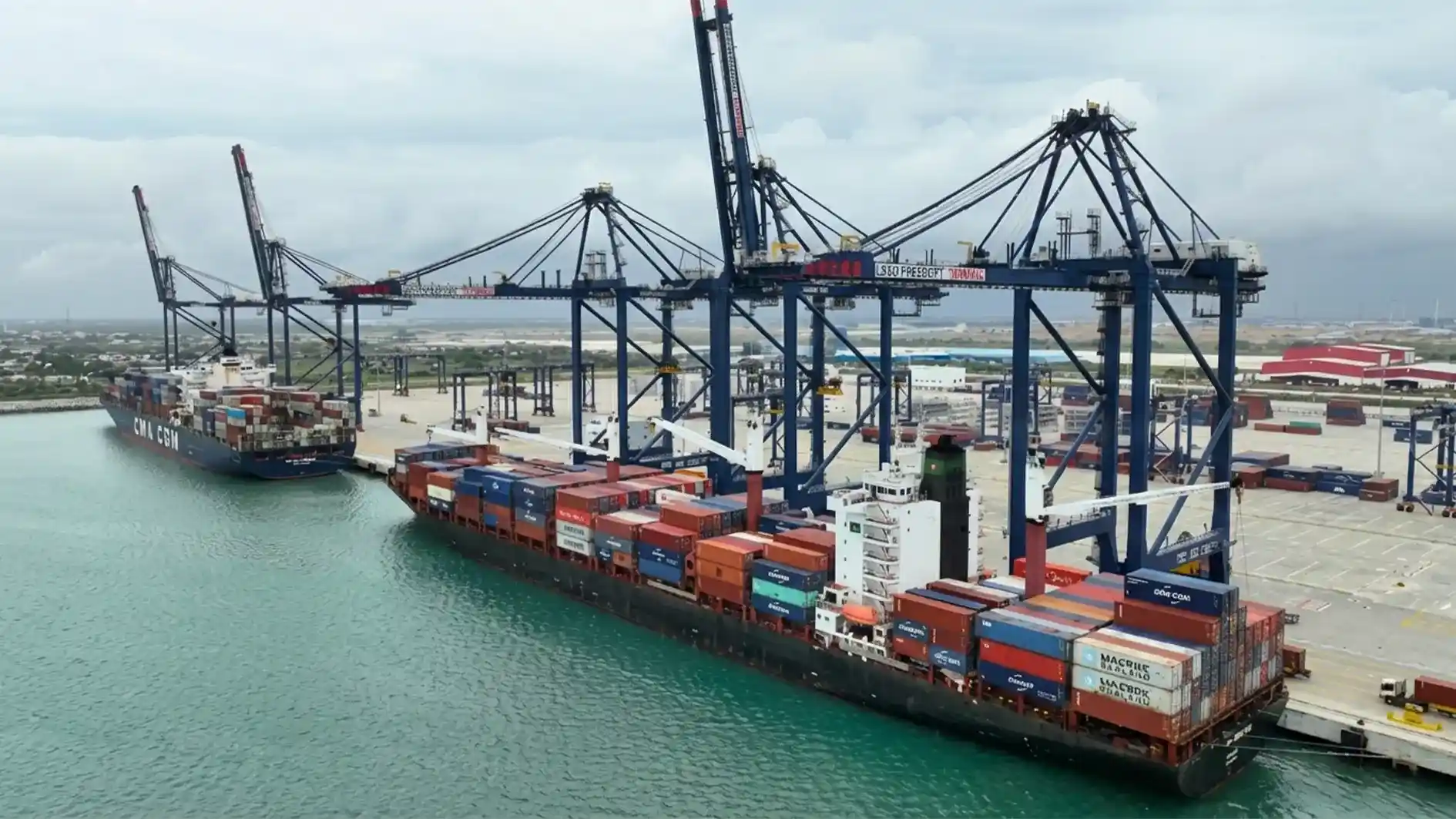In a strategic move to manage its fiscal responsibilities, Kenya has announced the deferral of Sh88.1 billion in funding from the International Monetary Fund (IMF) to the next financial year. This decision comes as the National Treasury initiates discussions for a new financing programme to succeed the current arrangement set to expire in April. The rollover of the funds has significant implications for the country’s fiscal policy, government spending, and ongoing economic reforms.
Deferral Explained: The Mechanics of a Rollover
The deferral process, commonly referred to as a “rollover,” involves the renewal of a loan instead of paying it off when it reaches maturity. Essentially, the outstanding principal and its related components—such as interest—are carried forward, either with or without adjustments. This move is significant as it signals Kenya’s attempt to balance its financial obligations while ensuring continued engagement with the IMF on necessary reforms and economic stabilisation efforts. By opting for a rollover, Kenya avoids the immediate pressure of repaying the funds, thus maintaining fiscal flexibility.
IMF Programme and Future Negotiations
Kenya’s decision to defer the Sh88.1 billion is tied to ongoing negotiations with the IMF for a new programme after the current one ends in April 2025. The deferral allows Kenya to adjust to shifting fiscal realities while maintaining its access to international financial assistance.
According to Albert Mwenda, the Treasury’s Director-General for Budget, Fiscal, and Economic Affairs, discussions are already underway regarding the possibility of a new financing programme. Mwenda emphasised that this proactive approach aims to ensure a smooth transition between the current and future IMF-supported programmes. The idea is to align new financing arrangements with Kenya’s evolving economic needs, particularly in light of the country’s fiscal challenges and reform initiatives.
For Kenya, securing a new programme is crucial for stabilising its macroeconomic environment. The IMF’s support has played an essential role in helping the country navigate through difficult financial times by supporting structural reforms, fiscal discipline, and enhancing the overall economic framework. The deference of funds under the existing arrangement highlights the ongoing importance of the IMF’s involvement in Kenya’s economic recovery and long-term sustainability.
A Revised Spending Plan Amid Growing Deficits
Alongside the IMF-related developments, the Treasury is adjusting its spending plan for the 2024-25 financial year. A Cabinet dispatch released on February 11, 2025, revealed that total expenditure is expected to rise by Sh199 billion under Supplementary Budget II, which is set to be tabled in Parliament in the coming week. The revised spending plan reflects the government’s attempt to adapt to changing economic circumstances while addressing immediate financial obligations.
The increase in expenditure is attributed to several factors, including the need to fund government and externally financed projects, adjust for personnel emoluments, and implement revenue realignments. These adjustments are necessary as Kenya seeks to balance its budget in a period of high inflation and mounting public debt. Despite the increased spending, the country’s total revenue projection remains at Sh3.06 trillion, which means that the government must focus on improving its tax collection mechanisms and expanding its revenue base.
The fiscal deficit for the current financial year is expected to widen significantly due to the revised expenditure figures. Under Supplementary Budget I, the fiscal deficit was projected to be Sh768.7 billion. However, with the introduction of Supplementary Budget II, this figure has been revised to Sh862.7 billion, further complicating Kenya’s fiscal management.
IMF’s Role in the Revised Budget and Revenue Mobilisation
The deferral of the IMF funding has direct implications on Kenya’s ability to finance its expenditure. As the government looks to secure alternative sources of financing, the IMF’s support remains integral to keeping the country’s economic reform agenda on track. At the same time, the Treasury has revised its domestic borrowing target to Sh593.7 billion, marking a 43.7% increase from the earlier figure of Sh413.1 billion. This hike underscores Kenya’s reliance on domestic markets to meet its financing needs while managing its debt burden.
The government is also looking to commercial loans as an option to meet its financial targets. Under Supplementary Budget II, the commercial loan target has been increased from Sh168.8 billion to Sh195 billion, reflecting a 15.5% rise. These increases indicate the government’s growing reliance on external borrowing to plug the financing gap created by lower-than-expected revenue collection and higher-than-expected expenditure.
Addressing Domestic Revenue Mobilisation Challenges
Kenya continues to face challenges in mobilising sufficient domestic revenue to fund its expansive budget. While the government has made strides in enhancing tax compliance, boosting collection efforts, and broadening the tax base, it remains heavily reliant on external financing sources such as loans and IMF support. The introduction of the supplementary budgets, alongside the deferral of the IMF disbursement, highlights the pressing need for long-term fiscal reform and improved revenue mobilisation mechanisms.
Kenya’s tax system is often criticised for its inefficiency in collecting taxes from various sectors of the economy. Informal sectors, such as agriculture and small businesses, remain under-taxed, while Kenya’s large public sector and wage bills continue to exert pressure on the national budget. The government has indicated that it will work towards improving revenue collections by expanding the tax base and making the tax system more progressive and inclusive.
One of the primary areas of focus for the government is improving the management of public finances. This includes reducing leakages, curbing corruption, and improving the efficiency of public sector spending. These measures, along with improved revenue collection strategies, are expected to contribute to narrowing the country’s fiscal deficit and enabling more sustainable development in the long run.
The Role of the IMF in Shaping Kenya’s Economic Policy
The IMF has long been a key partner in shaping Kenya’s economic policy framework, particularly since the country entered into an Extended Fund Facility (EFF) arrangement in 2016. The financial support provided by the IMF under various programmes has helped Kenya weather numerous economic storms, ranging from high inflation and public debt to shocks in commodity prices and a volatile global economy.
Under the current arrangement, Kenya has received several disbursements, including a significant one in November 2023. However, the release of funds was delayed due to complications surrounding the Finance Bill 2024. The IMF’s role in Kenya’s economic recovery has been central, and discussions regarding the next phase of support are crucial to the country’s ability to continue implementing much-needed reforms.
The IMF’s presence in Kenya has also helped improve investor confidence, especially as the country seeks to position itself as a regional economic hub in East Africa. As a result, Kenya has seen increased foreign direct investment (FDI) and partnerships in various sectors such as infrastructure, energy, and manufacturing. The IMF’s advice and oversight have been instrumental in guiding Kenya’s transition to a more resilient and diversified economy.
The Path Forward: Economic Challenges and Opportunities
Looking ahead, Kenya faces significant challenges in managing its fiscal and economic reforms. The widened fiscal deficit and the deferred IMF funding are indicative of the tough road ahead. However, these challenges also present opportunities for the government to address structural issues in its economy and strengthen its financial foundations.
The upcoming negotiations with the IMF over a new programme will be crucial in determining the country’s path forward. With continued engagement, Kenya can secure the necessary financing to support its economic recovery, address infrastructure gaps, and enhance social service delivery.
In conclusion, Kenya’s decision to defer Sh88.1 billion in IMF funding is a temporary yet strategic move that reflects the government’s ongoing efforts to stabilise its economy. As the country prepares to enter into negotiations for a new IMF programme, it must focus on addressing domestic revenue challenges, improving public financial management, and continuing the reforms necessary to build a resilient and sustainable economy. With proactive planning and the right mix of fiscal policies, Kenya can navigate its current financial constraints and achieve its long-term economic goals.
Ready to take your career to the next level? Join our dynamic courses: ACCA, HESI A2, ATI TEAS 7 , HESI EXIT , NCLEX – RN and NCLEX – PN, Financial Literacy!🌟 Dive into a world of opportunities and empower yourself for success. Explore more at Serrari Ed and start your exciting journey today! ✨
photo source: Google
By: Montel Kamau
Serrari Financial Analyst
17th February, 2025
Article, Financial and News Disclaimer
The Value of a Financial Advisor
While this article offers valuable insights, it is essential to recognize that personal finance can be highly complex and unique to each individual. A financial advisor provides professional expertise and personalized guidance to help you make well-informed decisions tailored to your specific circumstances and goals.
Beyond offering knowledge, a financial advisor serves as a trusted partner to help you stay disciplined, avoid common pitfalls, and remain focused on your long-term objectives. Their perspective and experience can complement your own efforts, enhancing your financial well-being and ensuring a more confident approach to managing your finances.
Disclaimer: This article is for informational purposes only and does not constitute financial advice. Readers are encouraged to consult a licensed financial advisor to obtain guidance specific to their financial situation.
Article and News Disclaimer
The information provided on www.serrarigroup.com is for general informational purposes only. While we strive to keep the information up to date and accurate, we make no representations or warranties of any kind, express or implied, about the completeness, accuracy, reliability, suitability, or availability with respect to the website or the information, products, services, or related graphics contained on the website for any purpose. Any reliance you place on such information is therefore strictly at your own risk.
www.serrarigroup.com is not responsible for any errors or omissions, or for the results obtained from the use of this information. All information on the website is provided on an as-is basis, with no guarantee of completeness, accuracy, timeliness, or of the results obtained from the use of this information, and without warranty of any kind, express or implied, including but not limited to warranties of performance, merchantability, and fitness for a particular purpose.
In no event will www.serrarigroup.com be liable to you or anyone else for any decision made or action taken in reliance on the information provided on the website or for any consequential, special, or similar damages, even if advised of the possibility of such damages.
The articles, news, and information presented on www.serrarigroup.com reflect the opinions of the respective authors and contributors and do not necessarily represent the views of the website or its management. Any views or opinions expressed are solely those of the individual authors and do not represent the website's views or opinions as a whole.
The content on www.serrarigroup.com may include links to external websites, which are provided for convenience and informational purposes only. We have no control over the nature, content, and availability of those sites. The inclusion of any links does not necessarily imply a recommendation or endorsement of the views expressed within them.
Every effort is made to keep the website up and running smoothly. However, www.serrarigroup.com takes no responsibility for, and will not be liable for, the website being temporarily unavailable due to technical issues beyond our control.
Please note that laws, regulations, and information can change rapidly, and we advise you to conduct further research and seek professional advice when necessary.
By using www.serrarigroup.com, you agree to this disclaimer and its terms. If you do not agree with this disclaimer, please do not use the website.
www.serrarigroup.com, reserves the right to update, modify, or remove any part of this disclaimer without prior notice. It is your responsibility to review this disclaimer periodically for changes.
Serrari Group 2025
















